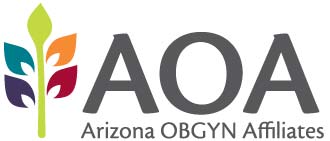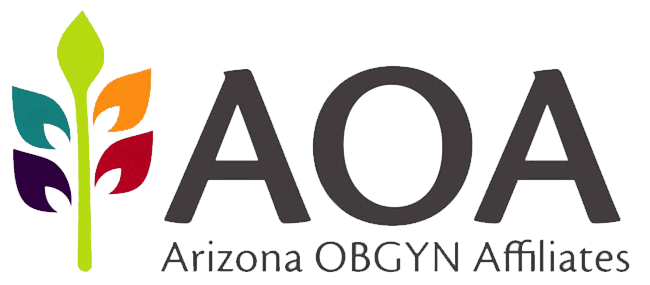Genetic Testing
The incidence of individual inherited diseases can vary among different ethnic and racial populations. For example, the gene for sickle cell disease is common among black women while the gene for Tay-Sachs disease is common among Ashkenazi Jews. Both of these diseases are recessive, which means that one copy of a mutant gene is called a “carrier” and the other is normal. However, when two “carriers” for the same disease have children together, there is a 1 in 4 chance with each pregnancy that the child will inherit both mutated copies and develop the disease.
Testing has been developed to help detect carriers of diseases which occur in Ashkenazi Jews. Blood testing will identify the most common mutations for each disease, and therefore, will detect most carriers. No testing, however, can detect all carriers because testing for rare mutations is not yet available.
The disorders for which carrier testing using blood is available are:
Tay-Sachs Disease (TSD)
Approximately 1 in 25 Ashkenazi Jews is a carrier. TSD is a lethal condition resulting in progressive nervous system deterioration, beginning at about age 6 months and extending until death, usually before age 10. Testing detects 94-98% of these defects.
Cystic Fibrosis (CF)
One in 25 Caucasians of all ethnic backgrounds is a carrier. CF results in chronic, progressive lung disease and disability, and often in gastrointestinal disease. Children with this disease have a short life span (15-30 years) even with aggressive medical management. Testing detects up to 97% of carriers.
Cystic fibrosis is an inherited lethal lung disease. Babies born with this condition have problems with digestion and breathing.
Children with cystic fibrosis require daily medication and lung therapy to help them breathe. Although their illness is difficult and progressive, these children have normal IQs and can live 20-30 years.
Cystic fibrosis can present with mild to severe symptoms. The extend of a child's illness cannot be predicted prior to birth.
Canavan Disease
Approximately 1 in 36 Ashkenazi Jews is a carrier. Canavan’s is a lethal condition resulting in progressive deterioration of the nervous system, with symptoms often from birth leading to death within several years. Testing detects 98% of carriers.
Niemann-Pick Disease (NPD)
About 1 in 90 Ashkenazi Jews is a carrier for NPD, Type A. This is a lethal condition, resulting in progressive nervous system deterioration and death by age 4. Testing detects greater than 95% of carriers for NPD, type A.
Fanconi Anemia (Group C)
Approximately 1 in 89 Ashkenazi Jews is a carrier. It is usually recognized in early childhood by the combination of anemia, short height and either learning disabilities or mental retardation. Sometimes there are also abnormalities of the heart, kidneys or limbs. There is a high rate of cancer, especially leukemia, among these patients. Testing detects 99% of carriers.
Familial Dysautonomia (FD)
Approximately 1 in 35 Ashkenazi Jews is a carrier. FD is a severe disease of the autonomic nervous system. Autonomic nerves control functions such as swallowing, sweating, the ability to cry with tears and to sense pain. Individuals with FD may have severe gastrointestinal problems and pulmonary complications such pneumonia. Testing provides a carrier detection rate of 99%.
Bloom Syndrome
Approximately 1 in 100 Ashkenazi Jews is a carrier of Bloom Syndrome. Bloom syndrome results in poor growth, deficient immune system and a high rate of cancer. Affected individuals usually die of cancer before age 30. Intelligence is normal. 95% of carriers can be detected.
Gaucher’s Disease, Type 1
This is the most prevalent Jewish genetic disease. Children are born with a deficiency of an enzyme, glucocerebrosidase. The lack of this enzyme leads to progressive accumulation of a fatty substance in Gaucher cells found in the liver, spleen and bone marrow. Illness from this deficiency vary from chronic ill health to no effects. Enzyme replacement therapy is now available. 95% of carriers can be detected.






